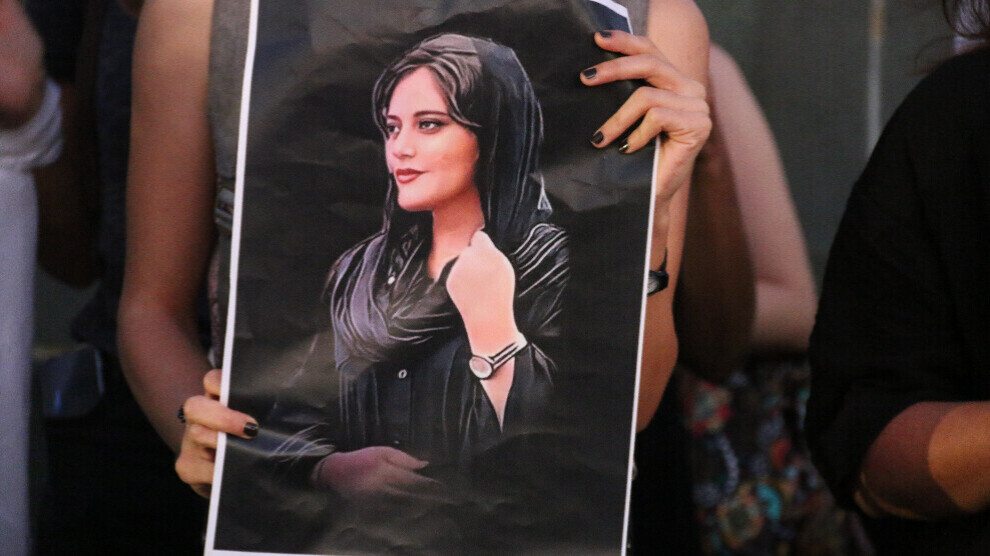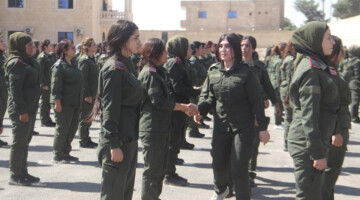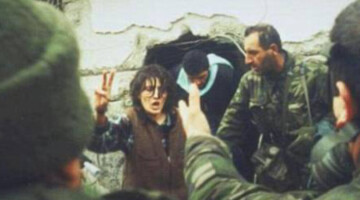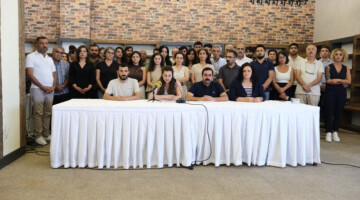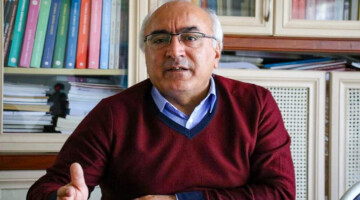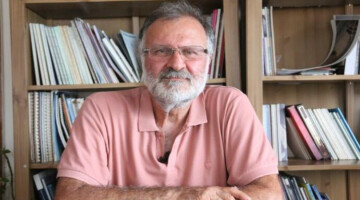The Iranian regime confiscated the Sakharov Prize awarded to Jina Mahsa Amini. According to the French-based human rights organization Kurdistan Human Rights Network, Amini's lawyer Saleh Nikbakht (who collected the prize) wanted to hand over the award to the family of the killed Kurdish woman in Rojhilat. However, the lawyer was intercepted and interrogated by regime representatives after arriving at the airport in the Iranian capital Tehran, KHRN reported. His passport, his cell phone and the award for Amini were confiscated.
Family was not allowed to accept the award
Amini and the associated movement 'Jin, Jiyan, Azadî' (Woman, Life, Freedom) were awarded the Sakharov Prize in mid-December. The Iranian authorities banned the 22-year-old's family from traveling to France and prevented them from accepting the prize. The prize, named after the Soviet physicist and political dissident Andrei Sakharov (1921-1989), has been awarded by the EU Parliament since 1988 to personalities or organizations that work to defend human rights and freedom of expression.
Victim of state femicide
Jina Mahsa Amini, a native of Seqiz (Saqqez), was visiting Tehran in September 2022 when she was arrested by the Iranian morality police for allegedly violating the Islamist mullahs' regime's dress code. A short time later she died in police custody. According to her family, Amini was forcibly dragged into a police car and taken to a police station, where she collapsed as a result of further abuse and fell into a coma. On 16 September 2022, doctors at a Tehran clinic declared Amini dead.
Hundreds dead in ‘Jin, Jiyan, Azadî’ revolution
Jina Mahsa Amini's death sparked the nationwide ‘Jin, Jiyan, Azadî’ revolution, with women at the forefront. The movement represented the greatest threat to the Islamic Republic of Iran since its existence. The young generation in particular took to the streets for months against the repressive policies of the Islamic leadership. The state apparatus violently suppressed the demonstrations. More than 550 people died and eight demonstrators were executed. In addition, more than 22,000 people were arrested.

